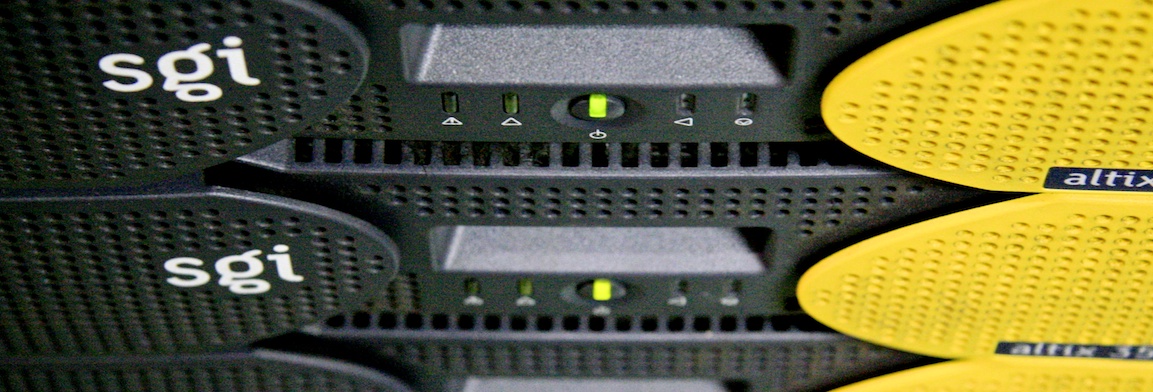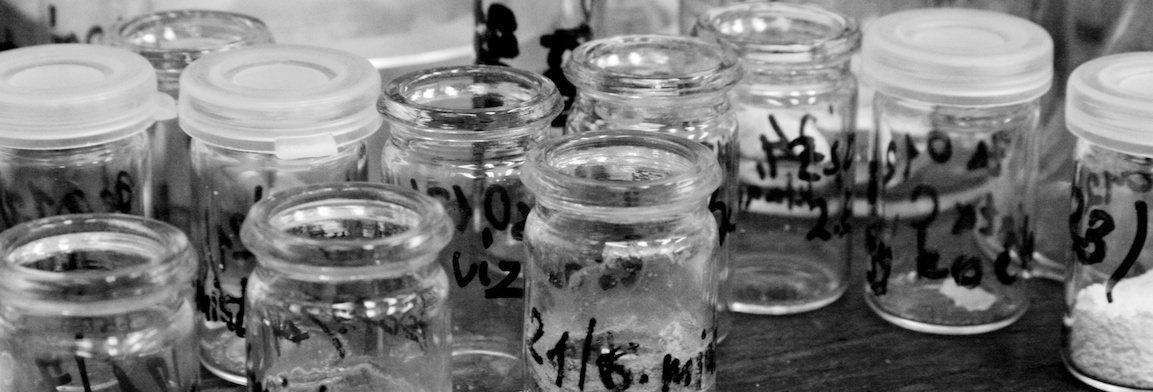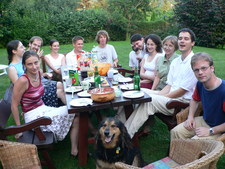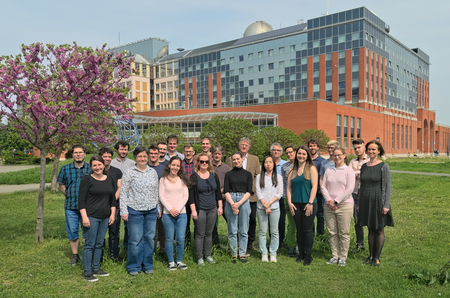
The HUN-REN - ELTE Protein Modelling Research Group and the Structural Chemistry and Biology Laboratory are located at the Institute of Chemistry, Faculty of Natural Sciences, Eötvös Loránd University. We collaborate with many national and international structural research groups in various fields of organic- and peptide-chemistry, molecular biology and biochemistry to better understand the wonderful but hidden world of the microcosm. We operate and develop a synthetic platform including a system for the synthesis of polypeptides and protein domains based on flow chemistry, and a fermentor reactor for the production of partially unlabelled and partially 15N-and 13C-isotopically labelled proteins.
Our topics include spatially oriented projects such as foldamer research, understanding self-assembled and reversible amyloid formation, total synthesis of non-natural amino acids and sugar amino acids and chemical synthesis of polypeptides and protein domains. We also have projects to produce drugs and molecules as potential lead compounds related to diseases. These include a deeper understanding of the molecular basis of Alzheimer's disease, the kRas signalling protein that plays an important role in tumour diseases, the mechanism of antibiotics and a deeper understanding of certain drug-drug interactions. Our protein modelling work has also successfully addressed bioinformatics, molecular modelling, drug design and applied quantum chemistry challenges. Over the last decade, we have led several ELTE-centred collaborations and tenders to exploit the potential of important high-resolution structural tools such as NMR spectroscopy, X-ray crystallography and cryo-electron microscopy at the highest level and efficiently, to share our knowledge with others and to collaborate with industrial partners. (MedInProt, HunProtExc, or the Level Plus Programmes of Excellence, iNEXT-Discovery H-2020, etc.) Our open-minded, enthusiastic team welcomes students and is happy to cooperate with all interested researchers.
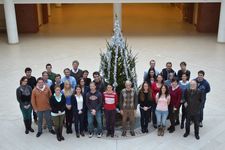
News
-
Addressing Sustainability Challenges in Peptide Synthesis with Flow Chemistry and Machine Learning
Published in Chemistry – A European Journal (DOI: 10.1002/chem.202502335), the study presents a sustainable peptide synthesis method combining flow chemistry with machine-learning optimization. Using an Anisole/DMSO (17:3) solvent system, racemization and aspartimide formation were minimized, enabling efficient peptide production in 12 minutes per cycle, setting a new benchmark for green and high-speed peptide synthesis.
-
We participated in the Austrian Peptide Chemistry Symposium
It was a great honor for our research group to represent Hungary at the 14th Austrian Peptide Symposium, held in Vienna on December 5.
In the morning, Prof. Dr. András Perczel delivered his lecture, while in the afternoon our two colleagues, Kristóf Ferentzi and Szebasztián Szaniszló, presented their latest research findings through their posters.
It was a pleasure to meet and exchange ideas with fellow participants at this prestigious event, which provided an excellent forum for sharing new results in peptide research and strengthening scientific collaborations.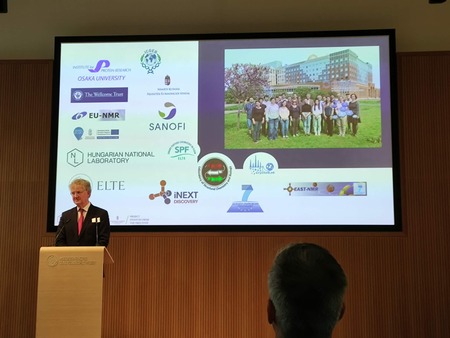
-
Opening lecture at the 3rd Systemic Amyloidosis Days
It was a great honor for our research group to deliver the opening lecture at the 3rd Systemic Amyloidosis Days held on November 21, 2025, in Mátrafüred. Our group was jointly represented by Dóra K. Menyhárd, István Bódy, and András Perczel at this prestigious interdisciplinary event, which serves as a prominent forum for amyloidosis research and the dissemination of new findings. The severity of the clinical cases strengthens our conviction about the importance of translational research and the application of its results.
- Older news
Recent Publications
-
Kristóf Ferentzi , Viktor Farkas , András Perczel
Addressing Sustainability Challenges in Peptide Synthesis with Flow Chemistry and Machine Learning
Chem. Eur. J. 31(72): e02335 (2025) Kivonat -
László Keresztes , Evelin Szögi , Bálint Varga , Viktor Farkas , András Perczel , Vince Grolmusz
Navigating Homogeneous Graph Paths Through Amyloidogenic and Non-Amyloidogenic Hexapeptides
Journal of Computational Chemistry 46: e70238 (2025) Kivonat -
Dominik Mátyás , Vanda Tukacs , Vilmos Tóth , Péter Baracskay , Stefánia Krisztina Pap , Pál Stráner , Tran Minh Hien , Éva Hunyadi-Gulyás , Zsuzsanna Darula , András Perczel , Katalin Adrienna Kékesi , Gábor Juhász
TARPγ2-Derived Peptide Enhances Early-Phase Long-Term Potentiation and Impairs Memory Retention in Male Rats
Brain Sciences 15: 881 (2025) Kivonat -
Soma Varga , Bálint Ferenc Péterfia , Dániel Dudola , Viktor Farkas , Cy M. Jeffries , Perttu Permi , Zoltán Gáspári
Dynamic interchange of local residue–residue interactions in the largely extended single alpha-helix in Drebrin
Biochem. J. 482(08), 383–399 (2025) Kivonat -
Fruzsina Bencs , Nóra Taricska , Zsolt Dürvanger , Dániel Horváth , Zsolt Fazekas , Vince Grolmusz , Viktor Farkas , András Perczel
Chemical Evolution of Early Macromolecules: From Prebiotic Oligopeptides to Self-Organizing Biosystems via Amyloid Formation
Chem. Eur. J. 31(29), e202404669 (2025) Kivonat - More publications


